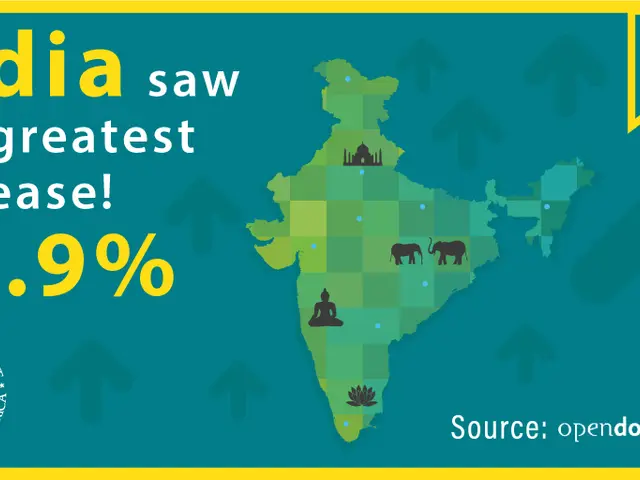War Victim Compensation in Bavaria: A Modern Take on an Old Issue
Thousands of individuals recognized as war victims awarded compensation - Approximately 3,100 individuals receive war reparations
In the Länder of Bavaria, roughly 3,100 people—be it direct war survivors, relatives of deceased, or individuals harmed by lingering effects of war explosives— received aid as war victims by the end of 2024. This historic gesture comes courtesy of the Center for Family and Social Affairs (ZBFS) in Bayreuth.
As we commemorate the 80th anniversary of the liberation from National Socialism and the end of World War II in Europe, this Thursday (May 8th), it's important to look back on the hardships faced by generations past and the present-day efforts to alleviate their suffering.
Delving into the Past
From the ashes of World War II, Germany carved out a new path focused on remorse and restitution for victims of Nazi persecution. Key figures like Philipp Auerbach, a Bavarian official, played a pivotal role in championing the rights of survivors—whether it was advocating for displaced persons (DPs) or sheltering concentration camp inmates.
With the Grundgesetz (Germany's Basic Law) and subsequent legislation shaping the legal framework for victim compensation, the seed was planted for ongoing support and rehabilitation—not only for Nazi victims but also for those endangered by hidden war remnants such as unexploded ordnance (UXO).
The Present Day: Who Qualifies for Compensation?
1. Victims of Nazi Persecution
Those who faced political, religious, or racial persecution under Nazi rule can seek compensation through various federal and state programs. This can range from basic necessities and property restitution to financial aid.
2. Victims of Unexploded Ordnance (UXO)
Across Bavaria, individuals exposed to the remains of mines, grenades, or bombs—whether through accidents or property damage—may be entitled to compensation via general liability laws and disaster relief provisions. Local or municipal authorities typically handle these claims.
3. Civil Protection Volunteers
The leaders of civil protection, such as the Technical Relief Service (THW) and volunteer fire services, contribute to disaster response and assistance for war-related accident victims. Such volunteers receive minimal compensation for their expenses in the form of allowances for clothing and transportation.
Gap-Filling and Lingering Challenges
Legal rehabilitation and recognition continue to be vital as we address past injustices. Collaboration between federal, state, and local authorities ensures the ongoing administration of victim compensation programs. Bavaria's ongoing struggles with UXO require constant vigilance, clearance efforts, and support for affected populations.
- The Community policy in Bavaria, as exemplified by the Center for Family and Social Affairs (ZBFS) in Bayreuth, has proven crucial in providing war victim compensation, a policy that has aided over 3,100 individuals by the end of 2024.
- In Bavaria, employment policy is demonstrated not only through war victim compensation but also in the support provided to civil protection volunteers, such as the Technical Relief Service (THW) and volunteer fire services, who are entitled to minimal compensation for their expenses.
- The employment policy in Bavaria extends to those affected by unexploded ordnance (UXO), offering general liability laws and disaster relief provisions for individuals exposed to the remains of mines, grenades, or bombs.
- Despite the advances made in addressing the impacts of war and conflicts, as demonstrated in Bavaria, there remain lingering challenges, such as the continued struggle with UXO clearance and support for affected populations, which require constant vigilance and collaborative efforts between federal, state, and local authorities.








